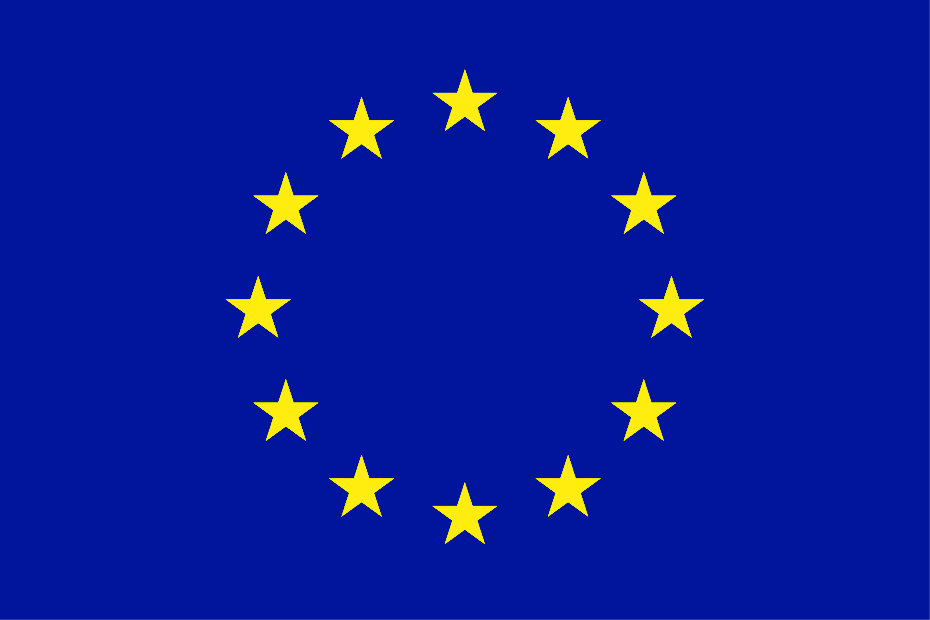EU-TeachPaaS Certification Centre
Follow the training content available on the tabs and get certified!
We are more than happy to support you at any point.
Write us at eu-teach@ual.es in case of any trouble
- Digital certification for students
- Digital certification for academic staff
- Digital certification for administration staff
Learning outcomes:
- Familiarity with operating and maximising the efficiency use of online learning environments
- Understanding of these tools during synchronous and asynchronous education
- Familiarity with cybersecurity elements for digital safety in online education
- Professional development skills in online education
- How to stay self-motivated, well-organised and boost time-management skills in order to keep up with the course
- How to develop active learning skills
- Personal development and psychological wellbeing skills:
- How to take ownership on students’ own development path in absence of actual tutor-guidance
- How to fight the sense of isolation
- How to responsibly use technology and ensure comfort, safety and healthy learning environments
- How to better foster connectionism and constructivism with teachers/trainers
- Relearning” how to learn:
- Properly engaging with online education
- Digital group work, eLibraries, cloud-services for collaboration and storage, digitalisation of educational products and assessments
- Online networking and communication skills, engagement with virtual models/replicas
- Familiarity with open science for access to data
Target groups:
- University students (undergraduate and postgraduate)
Training material:
Learning outcomes:
- Professional engagement
- Integration and use of intra and extra-organisation communication tools
- Ability to engage with “teacher-sourcing” platforms for content development and achieve universal OERs
- Ability to utilise digital education analytics to support constant pedagogical innovation and self-development
- Digital resources
- Adoption of behavioural (neuroscience-proved) mechanisms to remove university lecturers’ bias against online education delivery and fear of technological use
- Teaching & training: understanding where to find digital resources -OERs
- Research and case studies
- Understanding IPR elements related to digital resources
- Ability to perform crowd-rating exercises
- Ability to adapt international best practices
- Quality assurance for OERs
- Teaching and learning
- Agile synchronous and asynchronous teaching methods
- Facilitate learner collaboration and group meetings
- Provide solutions for learners to monitor and improve their learning outcomes
- Experimentation of cutting-edge solutions
- Facilitation of “Online Erasmus+” mobility concepts
- Assessment
- Adapt assessment methods
- Improve feedback mechanisms to better support learners
- Facilitate innovative assessment
- Empowering learners
- Adoption of behavioural (neuroscience-proved) approaches to foster connectionism and constructivism and strategies for developing personalised online educatio
- Foster accessibility and inclusion for all learners
- Utilise digital technologies within pedagogic strategies
- Help female learners enhance their digital skills and abilities
Target groups:
- University lecturers
Training material:
Learning outcomes:
- Micro-crash-course for building digital skills for university administrators
- Provision of insights for the basic ICT skills required by university admins
- Training on how to utilise and adapt digital readiness assessment tools for higher education
- Specific solutions case studies
- Solutions for administrators to reward and incentivise excellence in online education
- Online/Digital education analytics incorporation strategy
- Provision of indicators for digital education monitoring
- Understanding open science and the necessity of opening up online analytics data
- Understanding the expected benefits of analytics
- Concrete solutions
- Recommendations on upgrading quality assurance standards to foster online education
- Provision of additional quality assurance indicators and metric to complement existing mechanisms and encompass strategies to measure the specificity of online education
- Online education marketing strategy in order to promote the benefit and necessity of online education
Target groups:
University units/departments in charge of quality assurance
Training material:
- Digital certification for students
- Digital certification for academic staff
- Digital certification for administration staff
Instructions:
- Download the zip material on your computer.
- Unzip it and you will find the certification/assessment material.
- Complete all the files and create a new zip file with them.
- Finally, fill in the form and upload your zip file.
Download certification assessment material:
Upload filled certification assessment material:
Instructions:
- Download the zip material on your computer.
- Unzip it and you will find the certification/assessment material.
- Complete all the files and create a new zip file with them.
- Finally, fill in the form and upload your zip file.
Download certification assessment material:
Upload filled certification assessment material:
Instructions:
- Download the zip material on your computer.
- Unzip it and you will find the certification/assessment material.
- Complete all the files and create a new zip file with them.
- Finally, fill in the form and upload your zip file.
Download certification assessment material:
Upload filled certification assessment material:
Thank you for your interest and your participation in the EU-TeachPaaS Certification Centre
This project has received funding from the European Union’s Erasmus+ Programme, Project No 2020-1-ES01-KA226-HE-095035
The contents of this website reflect the views of the EU-TeachPaaS project. The views expressed in the website do not necessarily reflect the views of the EC
Except where otherwise noted, content on this site is licensed under a Creative Commons Attribution-NonCommercial 4.0 International License.

